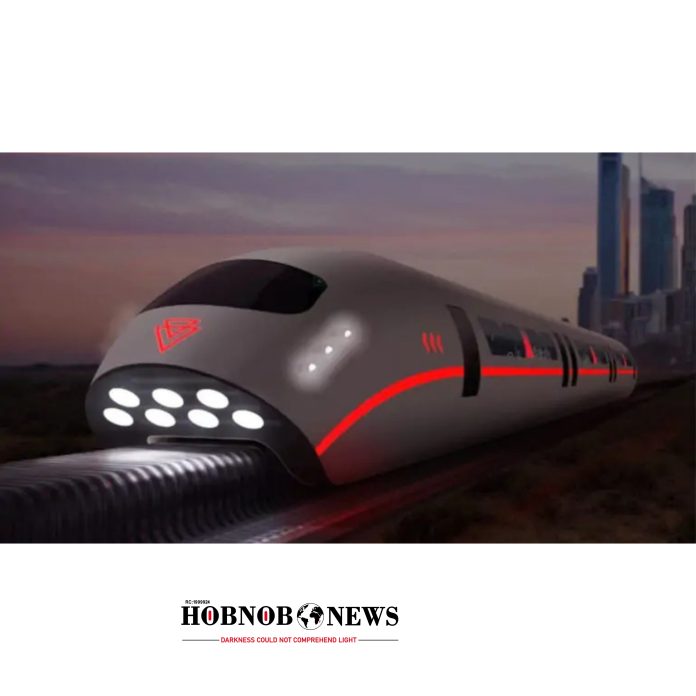China has successfully tested a magnetic levitation train capable of reaching 1000 km/h in a vacuum tube, paving the way for a new era in high-speed transportation. This groundbreaking technology promises to revolutionize future transportation systems, potentially replacing short-haul flights.
According to Railway Supply, a railway transport news portal, the train’s development was led by the China Aerospace Science and Industry Corporation (CASIC), aiming to achieve theoretical speeds of up to 4000 km/h.
This innovation will significantly impact transportation systems globally, both within China and abroad. However, infrastructure and energy costs pose significant challenges to its widespread adoption. Constructing low-vacuum tunnels required for maglev trains demands substantial resources and space, complicating implementation in densely populated areas.
The existing railway infrastructure is incompatible with the maglev system, necessitating a new network and increasing construction and operational costs compared to traditional rail systems.
Despite these challenges, maglev trains offer environmental benefits, potentially reducing carbon emissions by 3-4 percent by replacing regional passenger flights.
Key advantages of the maglev train include:
– Dramatically reduced travel times over medium and long distances (e.g., 400 km in under 30 minutes)
– Improved environmental safety
– Potential to minimize carbon emissions using renewable energy
China’s successful implementation of maglev technology will solidify its leadership in high-speed transportation, offering a new approach to global transportation.
The technology’s potential impact on international transport systems is substantial, with China poised to pioneer a global network of high-speed trains transforming the future of transportation.
While challenges persist, the project’s potential is undeniable. Achieving speeds of up to 4000 km/h will open new horizons for global urbanization, marking a significant step forward for the industry.
.

